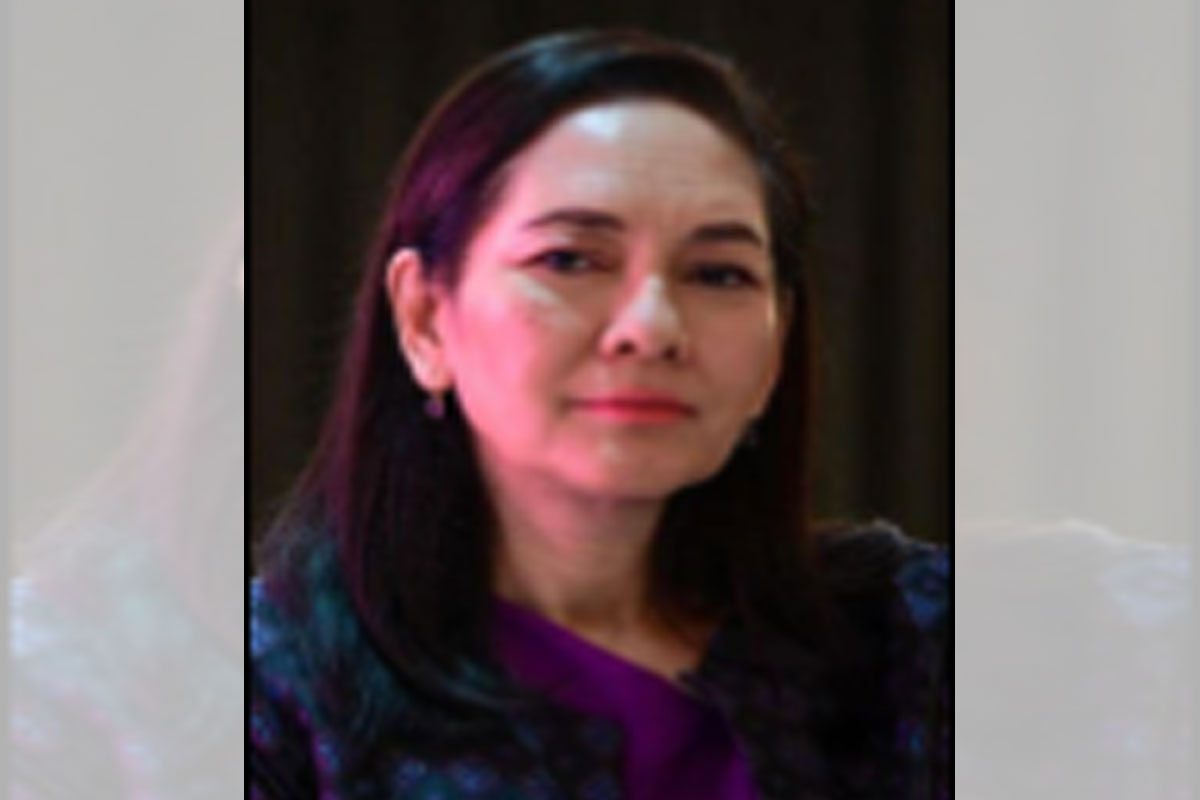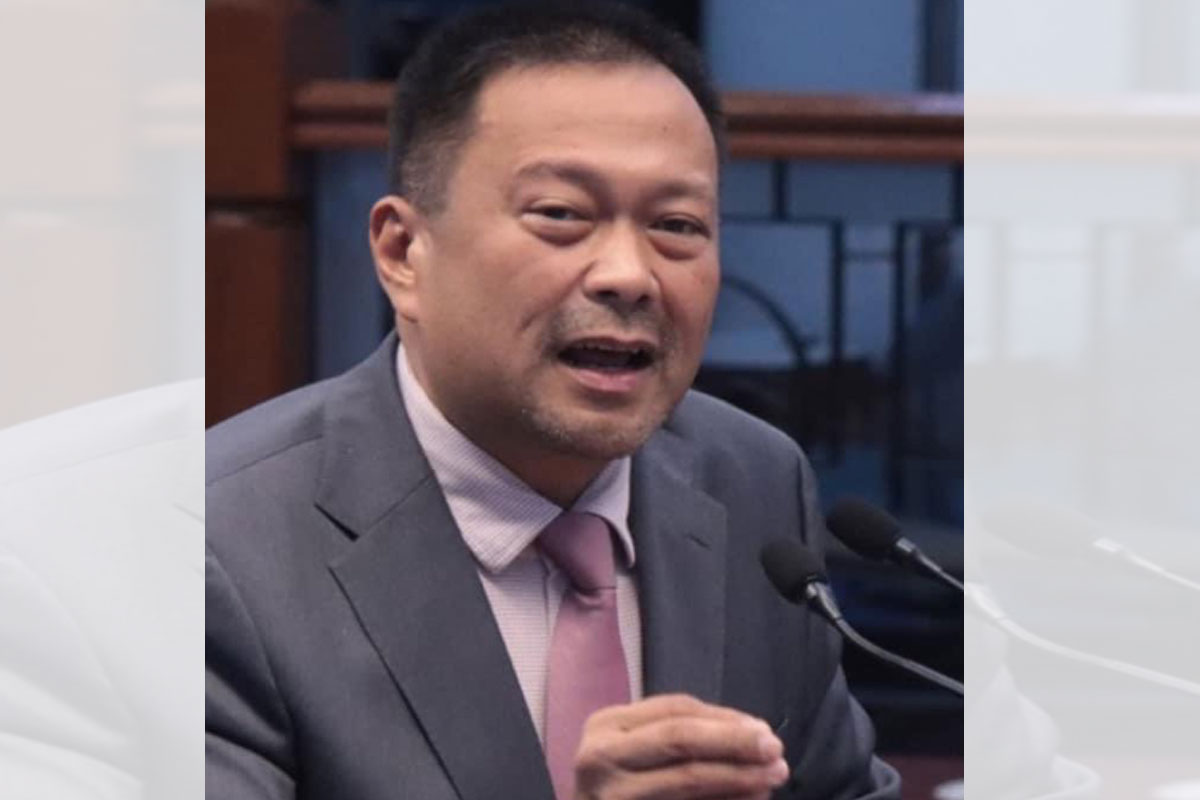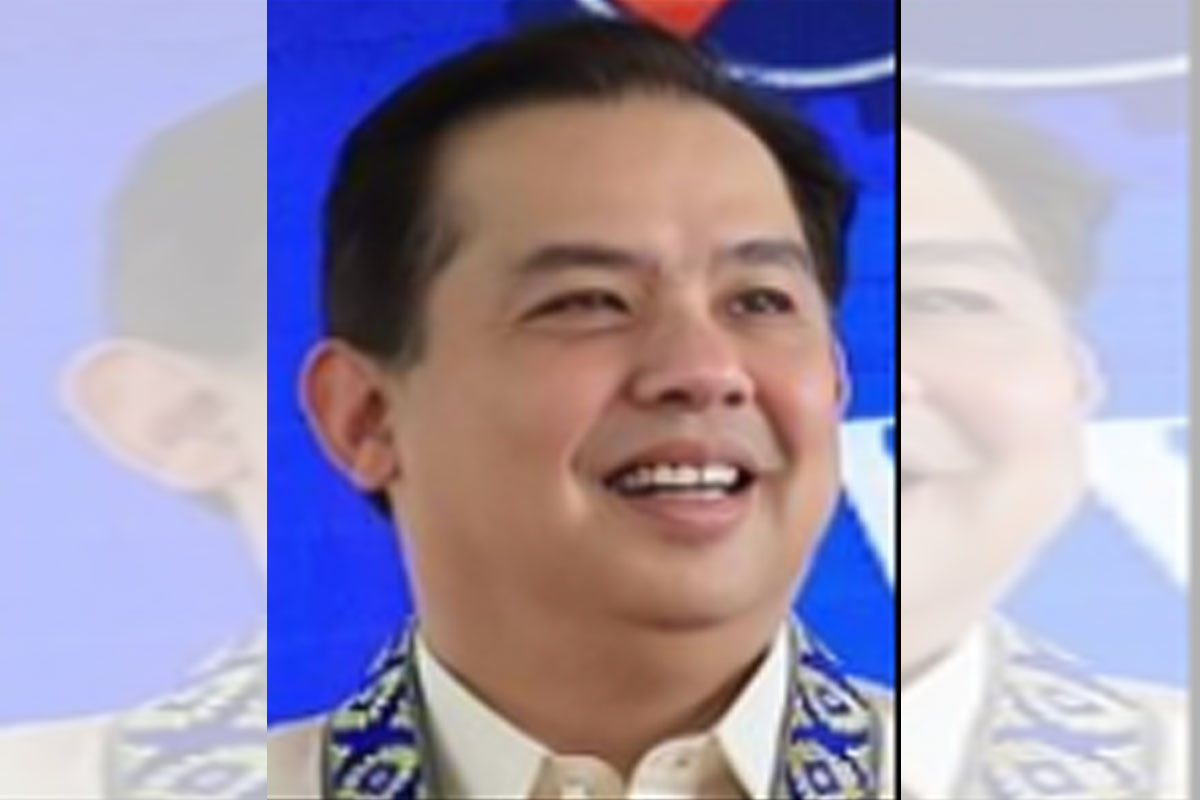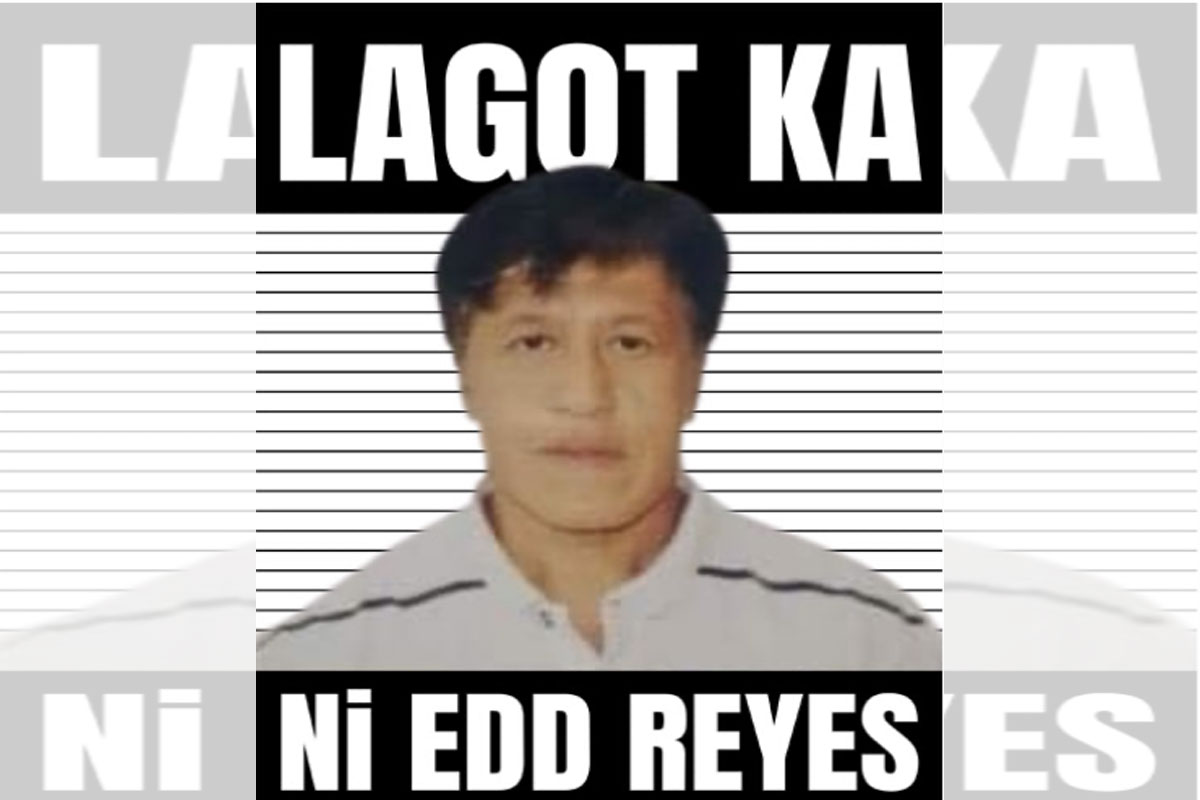
Judicially resolved political issues
 I have one simple belief: That the law is the only thing that’s capable of making people equal. – The Judge
I have one simple belief: That the law is the only thing that’s capable of making people equal. – The Judge
“To see to it that the orderly administration of justice is not unduly impeded or delayed.”
“Fealty to ethical concerns is indispensable to the success of the rule of law”.
These are principles laid down by no less than the Supreme Court.
They are supposed to guide legal professionals in dealing with their clients and in the performance of their duties during judicial proceedings.
But the principles may as well apply to other court personnel and officials, including judges and, yes, even justices of higher courts themselves.
After all, fair p[lay and justice itself demand that all participants in the judicial process adhere to the same, common code of conduct or set of rules.
So, how does the Supreme Court’s recent performance square with its own principles?
Sometimes the SC would go to great lengths to enunciate its decisions.
However, in doing so, it causes confusion instead of clarity, inconsistency instead of cohesion to established principles although Ped Xing believes these are unintended consequences.
Consider the following cases:
Winners in the general elections last May 9 have been in office for 100 days, but for some local contests the electoral battle is far from over.
No thanks to the back-and-forth routine between the SC and the Commission on Elections involving electoral cases.
The issue seems to boil down as to which agency holds exclusive power to declare a seeker of elective public office “nuisance candidate”.
The Comelec asserts it solely holds this authority, but the SC insists on its constitutional power to decide as final arbiter.
“Declaring one a nuisance candidate simply because he or she is not known to the entire country reduces the electoral process — a sacred instrument of democracy — to a mere popularity contest.
The matter of the candidate being known (or unknown) should not be taken against the candidate but is best left to the electorate,” the SC has said.
The problem is disrupting governance and causing tensions in local jurisdictions/communities.
A special board of canvassers proclaimed a candidate as the duly-elected governor of a Visayan province at the Comelec central office in Manila after the votes of a nuisance candidate were transferred and counted in his favor.
The proclamation booted out the previously proclaimed winner.
After the final recount, the candidate got 331,726 votes, including those transferred from another with the same last name, while another bet had 301,319.
The re-electionist governor got 281,773 votes during the May 9 polls.
On September 27, the Comelec en banc ruled that another candidate for governor whose identical last name appeared on the official ballot was a nuisance bet.
It also annulled the proclamation of the candidate previously hailed as the winner .
A Certificate of Canvass of Votes and Proclamation of Winning Candidate were handed over to the new winner.
The Provincial Legal Officer said the camp of the unseated governor had filed for a temporary restraining order with the SC to stop the Comelec ruling.
The unseated official vowed to step down if the Department of the Interior and Local Government and the SC asked him to do so.
The SC also issued a temporary restraining order against the Comelec in favor of a candidate who won in May as town mayor in an Ilocos province but was disqualified by the poll body.
The TRO also directed Comelec to annul the proclamation of the female candidate declared as mayor.
It earlier canceled her certificate of candidacy over residency issues.
The Comelec was also ordered to submit its comment to the court within a non-extendable period of 10 days from notice.
The lady mayoral bet had received 21,364 votes against her rival’s 16,603 votes.
A Comelec spokesperson said she was proclaimed mayor at the Comelec’s office in Manila before the clerk of the commission had received any notice or order of the TRO.
Earlier, the SC also nullified a Comelec ruling that canceled a senatorial hopeful’s certificate of candidacy in the May 9 elections for the same reason.
It reminded the poll body that “bona fide intent” to run as a candidate “cannot be negated by unsubstantial claims that he (a candidate) is an unknown, or that he lacks the capacity to mount a nationwide campaign” and that “neither is his (a candidate’s) non-membership in a political party sufficient to declare him a nuisance candidate”.
Although now moot, the 20-page decision was another victory for the declared a nuisance bet by the poll body in December 2021.
The candidate, who said he is an animal welfare advocate, won a similar case against the agency in 2019.
Citing its earlier ruling in a similar case filed by the same bet in 2019, the SC said the Comelec “cannot conflate the bona fide intention to run (of a candidate) with a financial capacity requirement” and that the poll body’s property requirement standards for candidates “fall short of what is constitutionally permissible”.
The court said the grounds for the disqualification in the latest case “are in truth shrouded property qualifications employed by the Comelec to disqualify an otherwise qualified candidate”.
No law makes it a requirement for persons to be members in a political party before being allowed to run as candidates, the SC said.
The animal rights campaigner was first declared a nuisance candidate for the May 2019 polls because he was “virtually unknown to the entire country” and had “absent clear proof of financial capability”.
In a Sept. 3, 2019 decision, the SC found Comelec “committed grave abuse of discretion” on the same grounds as the recent ruling.
On March 2, 2021, the SC, voting 8-6, allowed a provincial governor to run for – get this — a “fourth” consecutive term.
This split decision allowed the local executive to serve an extra time in office beyond the maximum allowed by the Constitution.
Section 8, Article X of the Constitution says that no locally elected leader, save for barangay officials, can serve for more than three consecutive terms.
The decision to allow someone to hold an elective position for a fourth term on the “qualification” that he was dismissed, suspended, or disciplined, is feared to unduly encourage unscrupulous politicians to desperately stick to their office.
By the way, the biggest and probably the most infamous case of a political contest settled judicially happened elsewhere a generation ago. Bush v. Gore was decided on Dec. 12, 2000, in which the United States Supreme Court reversed an order by the Florida SC for a selective manual recount of that state’s US presidential election ballots. The 5–4 per curiam (unsigned) decision effectively awarded Florida’s 25 Electoral College votes to Republican candidate George W. Bush, thereby ensuring his victory over Democratic candidate Al Gore.
Behold God’s glory and seek His mercy.
Pause, ponder, pray, and act, people























